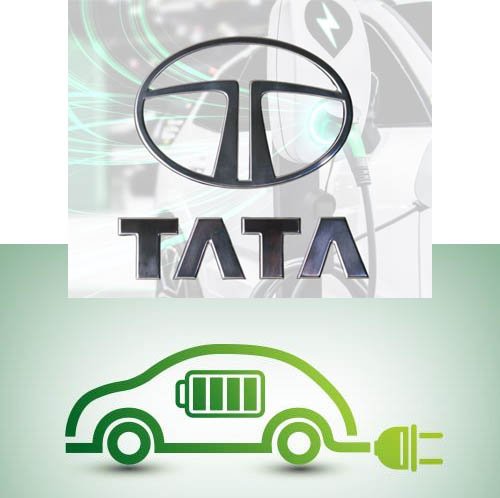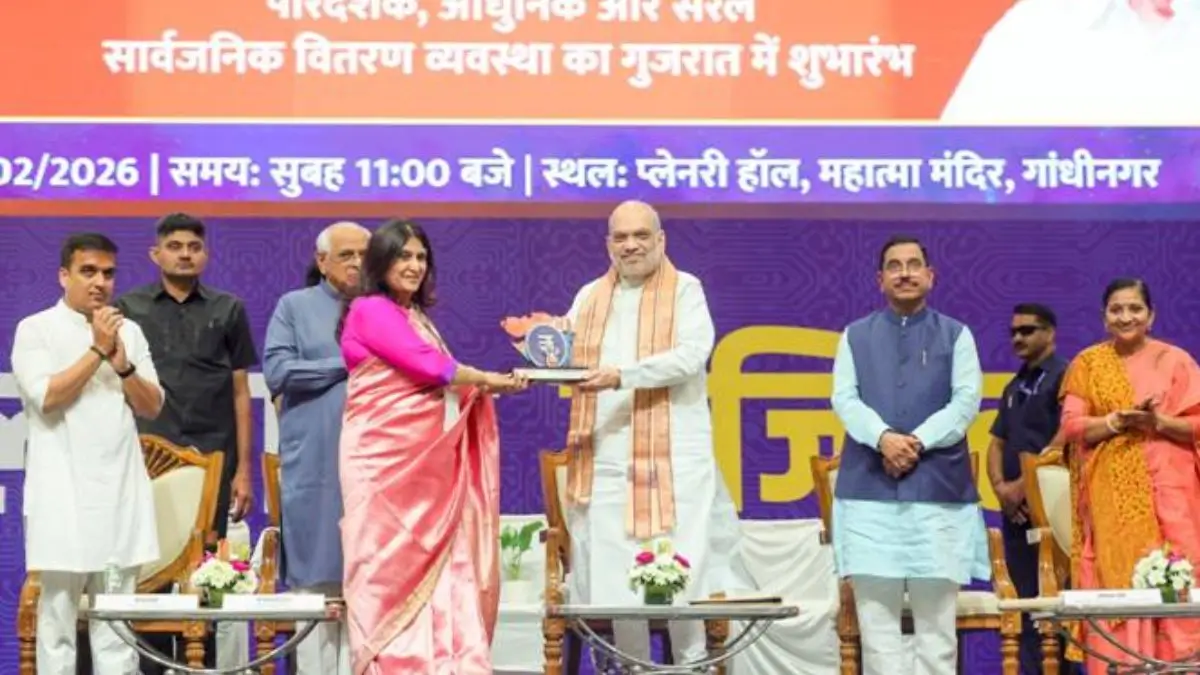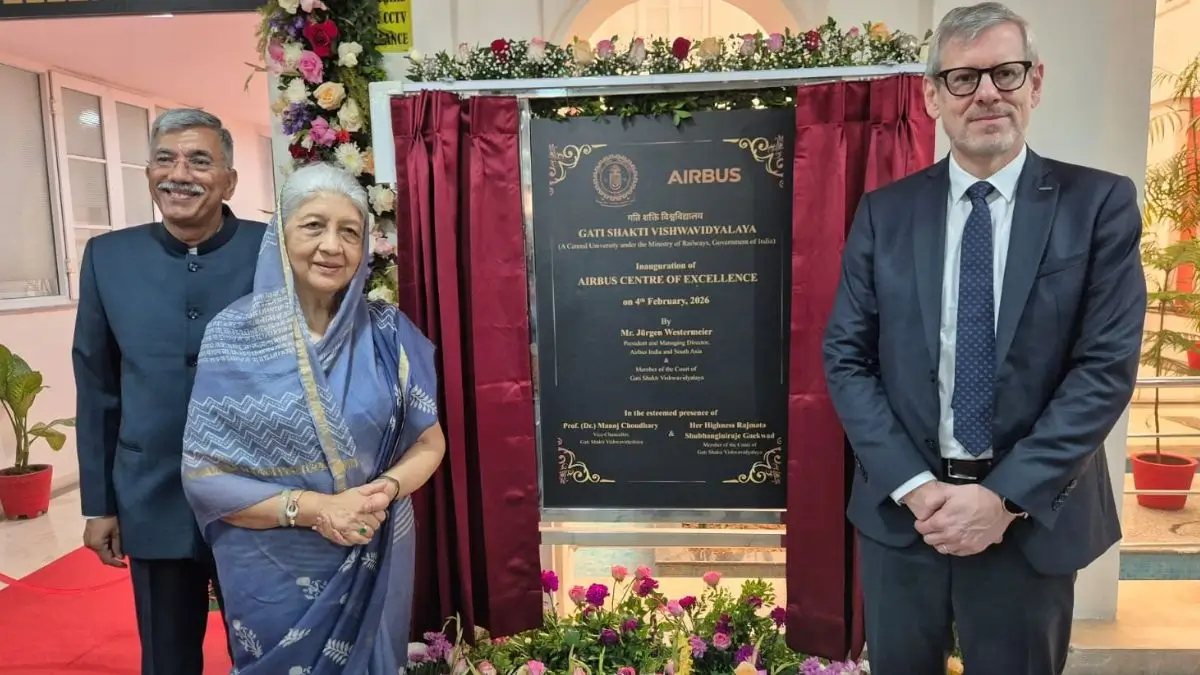Tata Group Signs $1.6 Billion EV Battery Plant Deal in Gujarat
Introduction:
The Tata Group, one of India’s leading conglomerates, has made a significant stride in the electric vehicle (EV) industry by signing a monumental deal worth $1.6 billion for the establishment of an EV battery plant in Gujarat. This strategic move not only highlights Tata Group’s commitment to sustainability but also reinforces India’s vision of transitioning towards a greener future. The project is expected to have a far-reaching impact on various sectors, including transportation, energy, and manufacturing. Let’s delve deeper into the details of this groundbreaking development.

Importance of the News
Increased Focus on Electric Vehicles:
With the rising concerns of climate change and the need to reduce carbon emissions, the automotive industry worldwide is witnessing a paradigm shift towards electric vehicles. This news is crucial for students preparing for government exams, as it reflects the growing importance of electric vehicles in the context of various positions, including teachers, police officers, banking, railways, defense, and civil service positions like PSCS to IAS. Understanding the implications of this deal will equip aspirants with the necessary knowledge to tackle questions related to sustainable development and technological advancements.
Boost to the Indian Manufacturing Sector:
India’s ambition to become a global hub for electric vehicle manufacturing is bolstered by Tata Group’s investment in the EV battery plant. The plant will not only produce high-quality batteries but also create employment opportunities and promote localized manufacturing, thereby contributing to the country’s economic growth. Students aspiring for government exams, particularly in fields like banking, railways, and defense, should be aware of such developments as they reflect the government’s initiatives to promote indigenous manufacturing and generate employment.
Historical Context
India’s EV Push: The establishment of an EV battery plant by Tata Group in Gujarat builds upon India’s concerted efforts to promote electric vehicles. The Indian government’s Faster Adoption and Manufacturing of Electric Vehicles (FAME) scheme, launched in 2015, aims to encourage the adoption of EVs and develop a robust EV ecosystem in the country. In recent years, several policy measures, incentives, and subsidies have been introduced to facilitate the widespread adoption of EVs. The Tata Group’s investment aligns with these initiatives and reinforces the historical context of India’s focus on sustainable transportation solutions.
Key Takeaways from Tata Group’s $1.6 Billion EV Battery Plant Deal in Gujarat:
| Serial Number | Key Takeaway |
|---|---|
| 1. | Tata Group has signed a $1.6 billion deal for establishing an EV battery plant in Gujarat. |
| 2. | The investment showcases Tata Group’s commitment to sustainability and India’s vision of transitioning towards electric mobility. |
| 3. | This development will have a significant impact on various sectors, including transportation, energy, and manufacturing. |
| 4. | It reinforces India’s ambition to become a global hub for electric vehicle manufacturing and promotes localized manufacturing and employment generation. |
| 5. | The investment aligns with the Indian government’s initiatives, such as the FAME scheme, to encourage the adoption of electric vehicles. |
Important FAQs for Students from this News
Q: What is the significance of Tata Group’s $1.6 billion EV battery plant deal in Gujarat?
A: Tata Group’s deal is significant as it highlights their commitment to sustainability and India’s transition towards electric mobility. It also has implications for various sectors and government exam topics like transportation, energy, and manufacturing.
Q: How does the establishment of the EV battery plant contribute to India’s manufacturing sector?
A: The EV battery plant will boost India’s manufacturing sector by creating employment opportunities and promoting localized manufacturing. This aligns with the government’s initiatives to promote indigenous manufacturing and generate economic growth.
Q: What is the historical context of India’s focus on electric vehicles?
A: India’s focus on electric vehicles can be traced back to the government’s Faster Adoption and Manufacturing of Electric Vehicles (FAME) scheme, which aims to encourage EV adoption and develop a robust EV ecosystem in the country. Several policy measures and incentives have been introduced to support this transition.
Q: How does this news impact students preparing for government exams?
A: This news is important for students as it reflects the growing relevance of electric vehicles in various government positions. Understanding the implications of sustainable development and technological advancements is crucial for tackling related exam questions.
Q: How does Tata Group’s investment align with the Indian government’s initiatives?
A: Tata Group’s investment aligns with the Indian government’s initiatives, such as the FAME scheme, aimed at promoting the adoption of electric vehicles. The investment reinforces the government’s commitment to sustainable transportation solutions and showcases their support for indigenous manufacturing.
Some Important Current Affairs Links

















